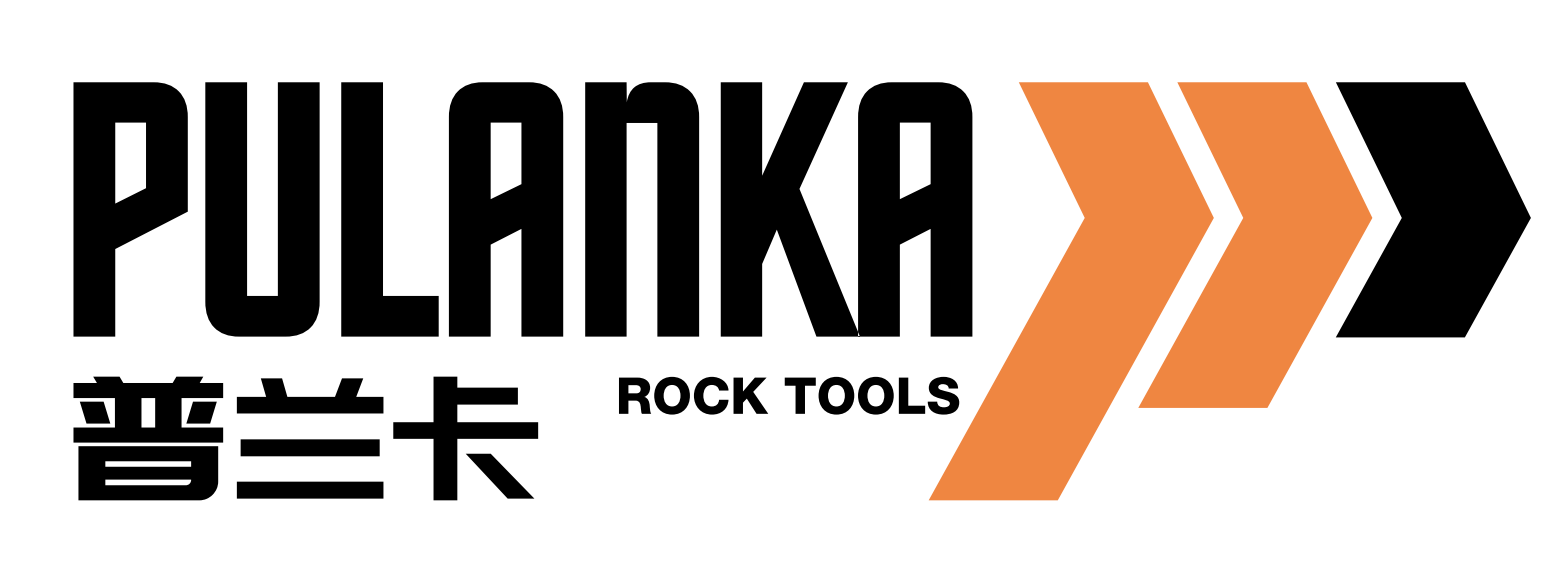Focus on news
news information
Choosing the Right Threaded Connection Drifting Drill Rod for Your Project
2025/06/04
Choosing the Right Threaded Connection Drifting Drill Rod for Your Project
Table of Contents
- Introduction: Understanding Drifting Drill Rods
- The Importance of Selecting the Right Drifting Drill Rod
- Types of Threaded Connection Drifting Drill Rods
- Material Considerations for Drifting Drill Rods
- Understanding Threaded Connections
- Key Factors to Consider When Choosing a Drifting Drill Rod
- Performance and Efficiency: How to Maximize Your Investment
- Maintenance Tips for Threaded Connection Drifting Drill Rods
- Conclusion
- FAQs: Your Questions Answered
Introduction: Understanding Drifting Drill Rods
Drifting drill rods are pivotal tools in the mining and manufacturing industries, specifically designed for underground drilling applications. These rods facilitate the drilling of horizontal or inclined holes, enabling the extraction of valuable minerals and materials. One of the critical decisions you will face in your project is selecting the right **threaded connection drifting drill rod**. This choice can significantly influence both the efficiency of your operations and the overall success of your project.
The Importance of Selecting the Right Drifting Drill Rod
Choosing the appropriate drifting drill rod is not a mere technicality; it is a fundamental aspect of ensuring operational efficiency and project success. The right rod can enhance drilling performance, improve safety conditions, and reduce downtime caused by equipment failure or incompatibility issues. By understanding the specifications and features of various rods, you can make an informed decision that aligns with your project’s requirements.
Types of Threaded Connection Drifting Drill Rods
There are several types of threaded connection drifting drill rods available, each designed for specific applications and conditions. The main types include:
1. Standard Threaded Drifting Drill Rods
These rods are versatile and commonly used for general drilling applications. They typically feature a robust design that offers a balance between strength and flexibility.
2. Heavy-Duty Threaded Drifting Drill Rods
Designed for more demanding applications, heavy-duty rods are constructed with superior materials that withstand high stress and extreme conditions. They are ideal for projects requiring enhanced durability and strength.
3. Specialty Threaded Drifting Drill Rods
Specialty rods cater to unique drilling conditions, such as those involving hard rock or specific geological formations. These rods often come with custom features tailored to meet the demands of specialized applications.
Material Considerations for Drifting Drill Rods
The material used in the manufacturing of drifting drill rods plays a crucial role in their performance and longevity. Common materials include:
1. Steel
Steel is the most widely used material for drifting drill rods due to its strength, durability, and cost-effectiveness. High-carbon steel, in particular, offers excellent tensile strength and can withstand considerable wear.
2. Alloyed Steel
Alloyed steel incorporates elements like chromium and molybdenum, enhancing its resistance to wear and corrosion. This type of rod is particularly beneficial in harsh environments where traditional steel may falter.
3. Composite Materials
Composite materials are becoming increasingly popular for drifting drill rods as they provide a lighter option without sacrificing strength. These rods may combine fibers with resins to achieve a balance of flexibility and durability.
Understanding Threaded Connections
Threaded connections are essential for ensuring the secure attachment of drill rods during operation. The type of threaded connection can affect the efficiency of the drilling process.
1. Types of Threaded Connections
Common threaded connections include:
- **Unified Threads:** Known for their standardized sizes and ease of use, unified threads are commonly used in various applications.
- **Metric Threads:** These are based on the metric system and are preferred in regions where metric measurements are standard.
- **Specialty Threads:** These may be customized for specific applications and often include unique profiles designed to enhance the grip and reduce slippage.
2. Factors Impacting Threaded Connection Performance
Several factors can impact the performance of threaded connections, including:
- **Material Compatibility:** Ensure that the materials of the rod and connection are compatible to prevent premature wear or failure.
- **Thread Quality:** Higher-quality threads provide improved sealing and reduce the risk of leaks during drilling operations.
Key Factors to Consider When Choosing a Drifting Drill Rod
When selecting a drifting drill rod, several critical factors should be taken into account:
1. Drilling Environment
Consider the geological conditions of your drilling site. Hard rock formations may require heavy-duty rods, while softer materials may allow for standard rods.
2. Depth and Diameter of Drilling
The depth and diameter of the holes you intend to drill will influence the size and length of the rods you require. Ensure that the rods can handle the pressure and conditions of your specific project.
3. Compatibility with Existing Equipment
Check the compatibility of the rods with your current drilling equipment. Incompatibility can lead to inefficiencies and increased operational costs.
4. Budget Considerations
While it is essential to invest in high-quality materials, it is equally important to stay within your budget. Balance the cost with the expected performance and longevity of the rods you choose.
5. Supplier Reputation
Choose reputable suppliers known for their quality products and excellent customer service. A reliable supplier will provide you with essential guidance and support throughout your purchasing process.
Performance and Efficiency: How to Maximize Your Investment
To ensure that your investment in drifting drill rods pays off, consider the following tips:
1. Regular Maintenance
Routine maintenance will extend the life of your drill rods. Regularly inspect for wear and damage, and replace any worn components promptly to prevent further issues.
2. Utilize Proper Drilling Techniques
Employing the right drilling techniques will maximize efficiency and reduce wear on your rods. Train your operators on best practices to ensure optimal performance.
3. Monitor Performance Metrics
Keep track of performance metrics, such as drilling speed and penetration rates. Analyzing these metrics can help you identify areas for improvement.
Maintenance Tips for Threaded Connection Drifting Drill Rods
Proper maintenance is critical for ensuring the longevity and efficiency of your drifting drill rods. Here are some essential maintenance tips:
1. Cleaning
Regularly clean the threaded connections and rods to remove debris and contaminants that can compromise performance.
2. Lubrication
Applying appropriate lubricants to threaded connections can enhance their operation and prevent wear.
3. Storage
Store rods in a dry, protected environment to prevent corrosion and other forms of damage when not in use.
Conclusion
Selecting the right threaded connection drifting drill rod is a crucial decision that can significantly impact your mining and manufacturing projects. By considering factors such as material, connection types, and operational requirements, you can ensure that you choose the most suitable rods for your specific applications. Investing in quality drifting drill rods will enhance your drilling efficiency and ultimately contribute to the success of your project.
FAQs: Your Questions Answered
1. What is a drifting drill rod used for?
Drifting drill rods are used in mining and manufacturing to create horizontal or inclined holes for exploration and extraction of minerals.
2. How do I determine the right size of drill rod for my project?
The right size depends on the depth and diameter of the holes you plan to drill, as well as the geological conditions at your site.
3. What materials are drifting drill rods made from?
Common materials include steel, alloyed steel, and composite materials, each offering different advantages based on the application.
4. How often should I inspect my drifting drill rods?
Regular inspections are essential; at a minimum, inspect them before each use and perform more thorough checks periodically based on usage.
5. Can I use different brands of drill rods together?
While it's possible, mixing brands can lead to compatibility issues. It’s advisable to use the same brand to ensure optimal performance and safety.
















